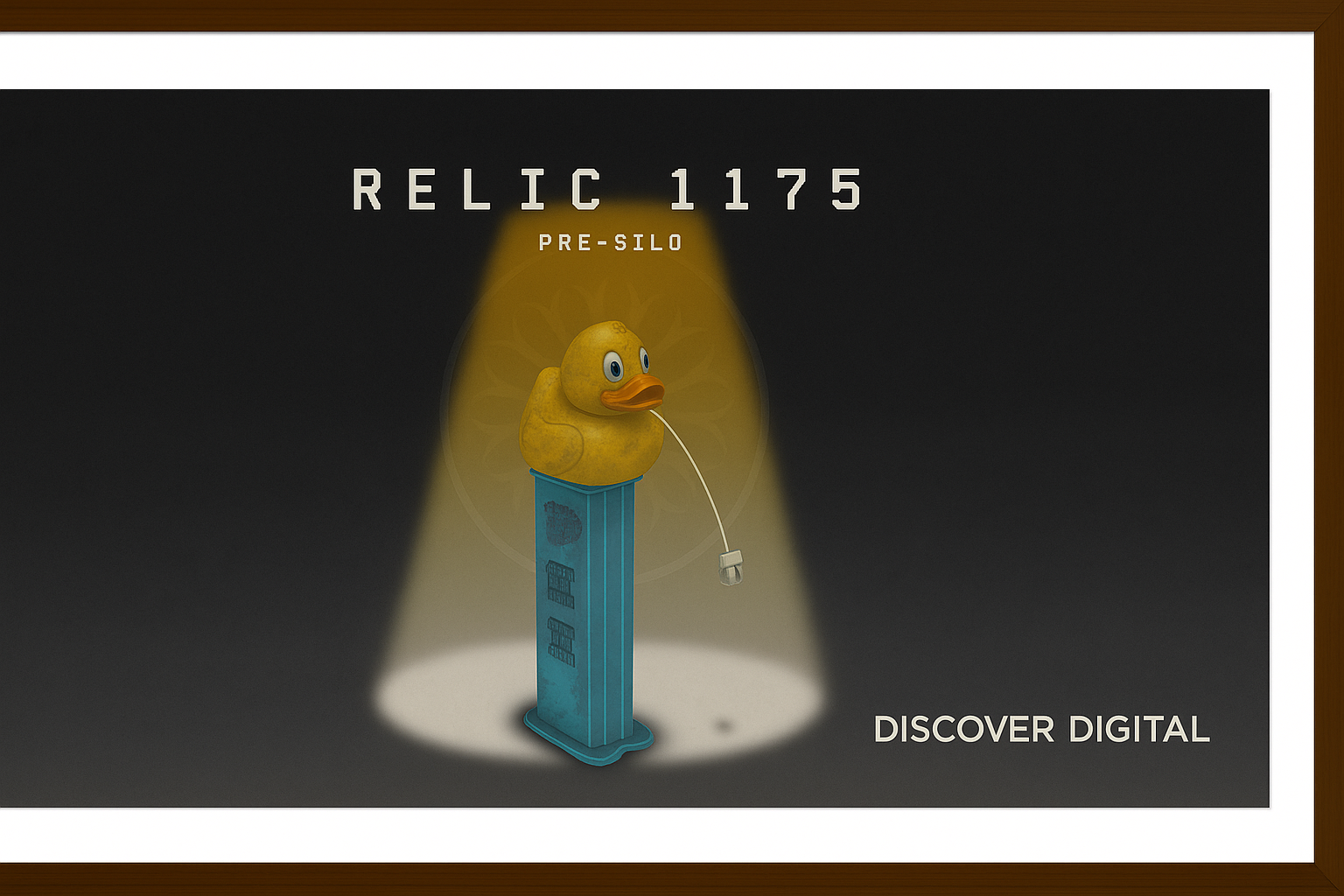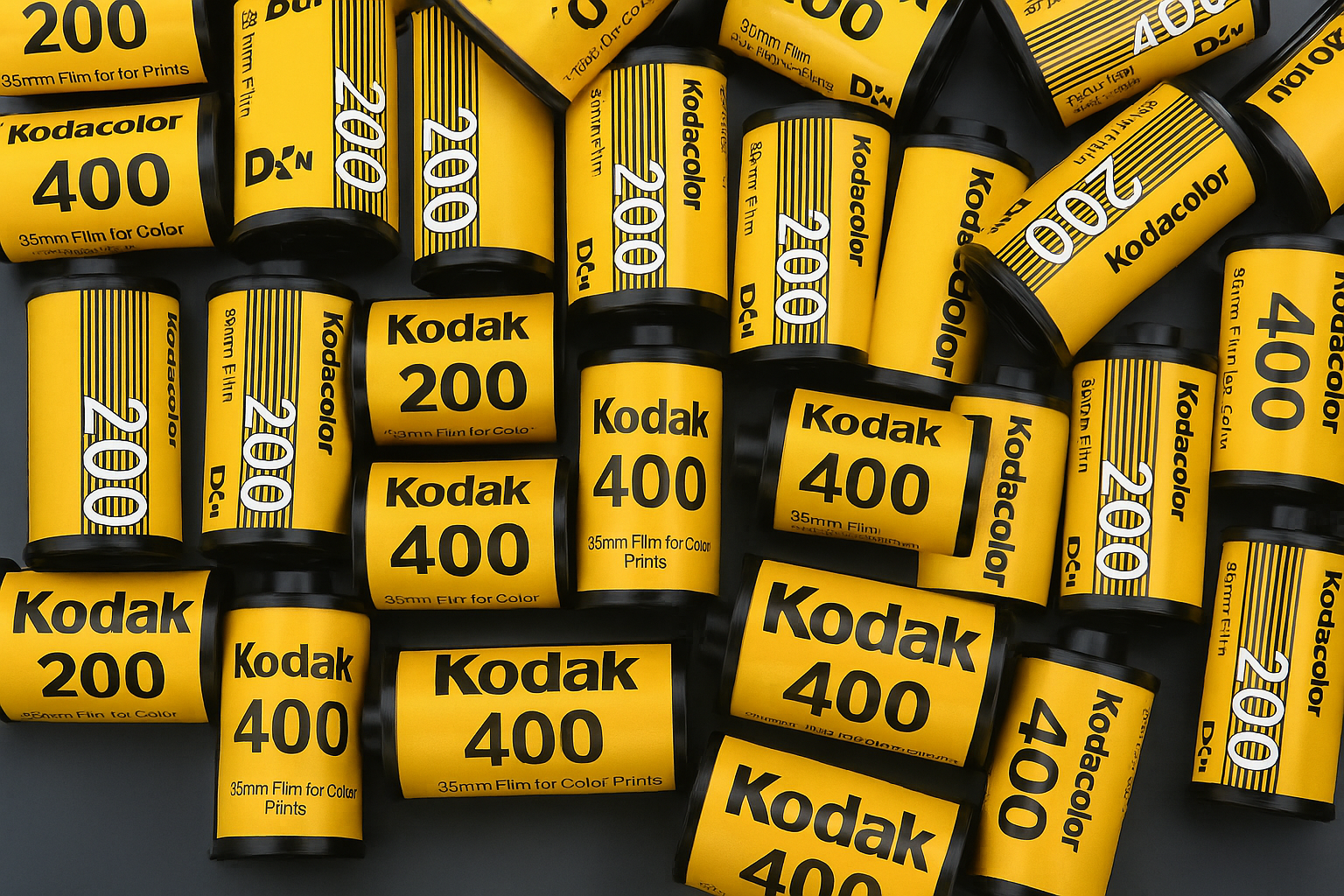Have you booked a restaurant recently?
This summer, while travelling through the Peloponnese in Greece, I noticed something that perfectly sums up how much our digital habits have evolved. Not once did I pick up the phone to call a restaurant. Instead, every single table I booked was confirmed via a WhatsApp conversation. A few quick messages, a friendly reply, and I had my reservation. No dialling, no hold music, no misunderstandings over the line. Oh yes, and I didn't have to repeat my name 3 times..
It struck me how different this is from not so long ago. There was a time when a rotary dial phone sat proudly in the hallway, and booking a restaurant meant ringing a landline, hoping someone picked up, and often repeating the same information again and again to be heard. That relic of communication is a world away from the immediacy of today, where businesses and customers connect in the same apps they use for family chats.
What does that mean for Marketeers?
For marketers, this shift is more than just convenience — it’s about meeting customers where they already are. The winners are the businesses that understand:
-
Frictionless communication builds loyalty. A seamless booking on WhatsApp makes me more likely to return.
-
Digital channels create intimacy. Unlike email or websites, messaging apps feel personal. The same way to how we talk to friends.
-
Automation is only half the story. While bots and flows can streamline the process, a warm, human touch in the replies is what leaves the lasting impression. We are not replacing the human, we enhance the experience.
What I experienced in Greece is becoming the norm everywhere. Whether it’s booking a table, confirming an order, or troubleshooting a service, customers increasingly expect to message rather than dial. The brands that adapt aren’t just “going digital” they’re building relationships in the channels customers choose for themselves.
The dial tones of the past might feel nostalgic, but the future is written in double ticks and typing bubbles.

 Ifigenia Arampelou
Ifigenia Arampelou


